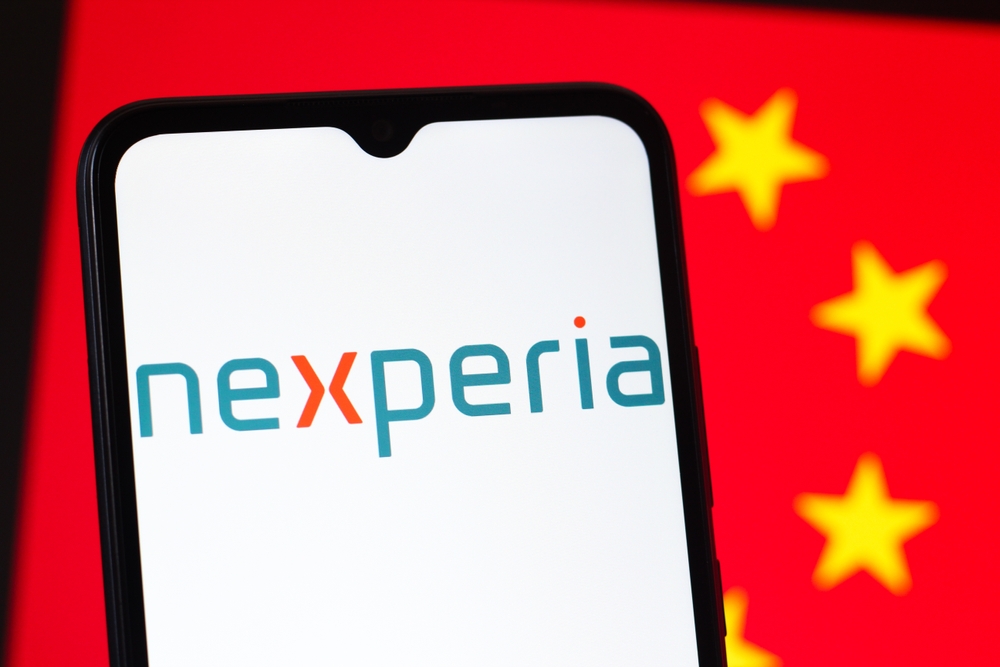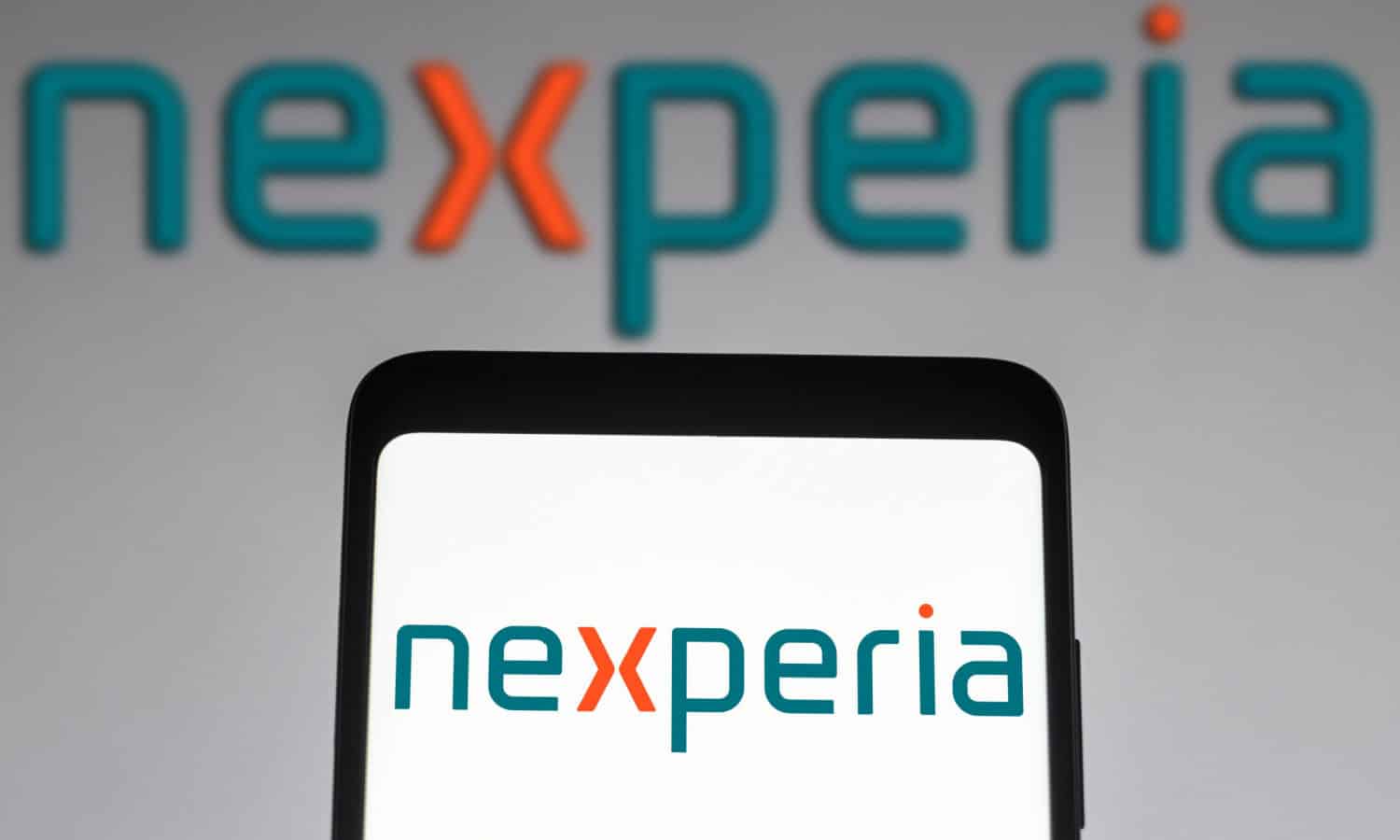#china-export-restrictions
#china-export-restrictions
[ follow ]
#nvidia #data-center #ai #nexperia #ai-chips #ai-accelerators #supply-chain #blackwell-supercycle #revenue-guidance
fromTheregister
5 months agoHuawei lays out multi-year AI accelerator roadmap
First off the rank, in the first quarter of 2026, will be the Ascend 950PR which, according to slideware shown at the conference, will boast one petaflop performance with the 8-bit floating-point (FP8) computation units used for many AI inferencing workloads. The chip will also include 2 TB/s interconnect bandwidth and 128GB of 1.6 TB/s memory. In 2026's final quarter Huawei plans to deliver the 950DT, which will be capable of two petaflops of FP4 performance thanks to the inclusion of 144GB of 4 TB/s memory.
Artificial intelligence
fromTechzine Global
5 months agoChina tries its hand at advanced AI chips without Nvidia: will it succeed?
Nvidia is virtually unbeatable as a supplier of AI chips. Its Graphical Processing Units (GPUs) are by far the most powerful, scalable, and easy to use, especially for training large language models. This has propelled Nvidia to a market value of over $4 trillion. Although AMD in particular touts a cheaper yet mostly similar equivalent, Nvidia's ecosystem of software layers and partners forms an impregnable fortress.
Artificial intelligence
fromwww.aljazeera.com
5 months agoHow rare earth shortages are stalling India's burgeoning EV sector
China introduced restrictions on its rare earth exports in April, two days after Trump announced retaliatory tariffs. In July, India's best-selling electric scooter, Bajaj Auto's Chetak, hit a big speed bump. A shortage of rare-earth metals had hit production plans, and the company was forced to almost halve its output. Bajaj manufactured just 10,824 units of the Chetak in July, as compared with 20,384 units during the same period last year, due to rare earth shortages.
Business
Toronto startup
fromBusiness Insider
9 months agoElon Musk says China wants assurances that magnets for Tesla's humanoid robot won't be used for 'military purposes'
Tesla's Optimus robot production faces challenges from China's export restrictions on rare-earth elements, requiring assurances they won't be used for military purposes.
[ Load more ]





